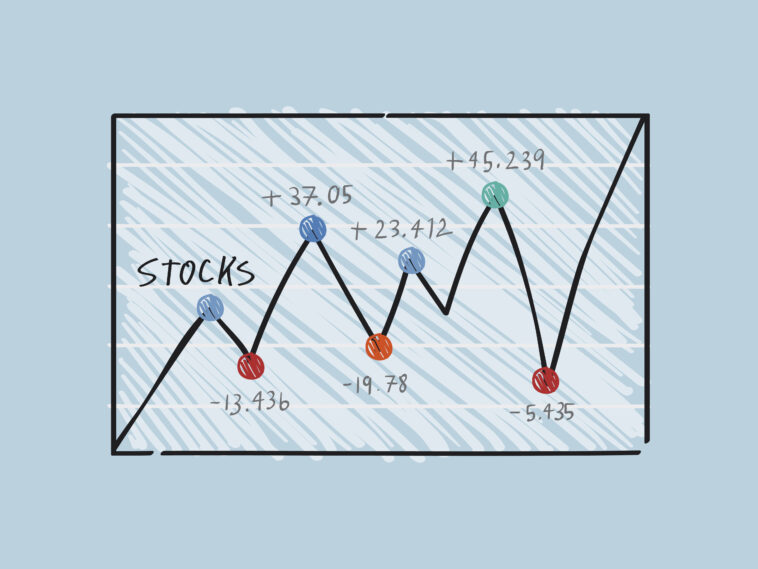Trading decisions are the lifeblood of financial markets. They are the actions that traders and investors take based on their analysis, beliefs, and market conditions. In this article, we will delve into the world of trading decisions, exploring what they are, why they matter, and how you can make more informed and profitable choices in the dynamic realm of trading.
Understanding Trading Decisions
Trading decisions encompass a wide range of actions taken by individuals and institutions participating in financial markets. These decisions can involve buying or selling assets such as stocks, bonds, commodities, currencies, or derivatives. They can also include choosing specific trading strategies, adjusting portfolio allocations, or even deciding to exit the market altogether.
Trading decisions are influenced by several key factors:
- 1. Market Analysis: Traders often use technical analysis, fundamental analysis, or a combination of both to assess market conditions and potential opportunities.
- 2. Risk Tolerance: Individual risk tolerance varies, and it plays a significant role in determining whether a trader is conservative or willing to take more significant risks.
- 3. Investment Goals: Short-term traders may focus on capitalizing on price volatility, while long-term investors aim to grow wealth over time.
- 4. Psychology: Emotions such as fear and greed can influence trading decisions and lead to impulsive actions.
- 5. External Factors: Economic events, geopolitical developments, and news can impact trading decisions.
Why Trading Decisions Matter
Effective trading decisions are crucial for several reasons:
- 1. Profitability: Well-timed trades can lead to profits, while poor decisions can result in losses.
- 2. Capital Preservation: Avoiding bad decisions is as important as making good ones to protect your trading capital.
- 3. Risk Management: Decisions like setting stop-loss orders help limit potential losses in volatile markets.
- 4. Adaptation: Markets are constantly changing, so making informed decisions enables traders to adapt to new conditions.
- 5. Psychological Discipline: Good decision-making promotes emotional control and discipline, reducing impulsive actions driven by fear or greed.
Strategies for Informed Trading Decisions
Making informed trading decisions requires a structured approach and continuous improvement. Here are strategies to enhance your decision-making process:
1. Education and Research
Invest in your knowledge and understanding of the financial markets. Continuous learning about various asset classes, trading strategies, and market analysis methods empowers you to make more informed decisions.
2. Define Clear Objectives
Establish specific trading goals and objectives. Are you trading for short-term gains, long-term growth, or a mix of both? Your objectives will shape your decision-making process.
3. Develop a Trading Plan
Create a comprehensive trading plan that outlines your strategy, risk tolerance, entry and exit criteria, and money management rules. Stick to your plan, as deviating from it can lead to impulsive and costly decisions.
4. Risk Management
Implement risk management techniques such as setting stop-loss orders and position sizing. This helps protect your capital and prevents substantial losses from a single trade.
5. Stay Informed
Keep abreast of financial news, economic events, and market developments. These external factors can significantly impact asset prices and influence trading decisions.
6. Technical and Fundamental Analysis
Use a combination of technical analysis (chart patterns, indicators) and fundamental analysis (company financials, economic data) to make well-rounded trading decisions.
7. Emotion Management
Recognize the role of emotions in trading. Maintain discipline and stick to your trading plan, even when fear or greed threatens to cloud your judgment.
8. Backtesting
Test your trading strategies on historical data to evaluate their effectiveness. This can provide valuable insights and improve decision-making.
9. Continuous Evaluation
Regularly assess your trading decisions and their outcomes. Learn from both successful and unsuccessful trades to refine your approach over time.
Conclusion
Trading decisions are the backbone of financial markets, driving the buying and selling of assets. Whether you’re a day trader, swing trader, or long-term investor, the quality of your decisions plays a pivotal role in your success. By understanding the factors that influence trading decisions and adopting a disciplined, well-informed approach, you can navigate the complexities of the financial markets more effectively. Remember that trading is a journey of continuous learning and adaptation, and each decision you make is an opportunity to grow as a trader.



